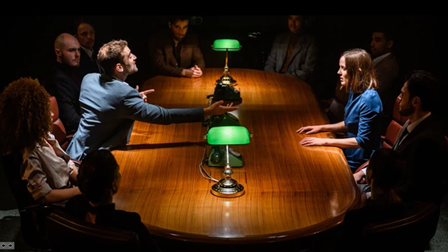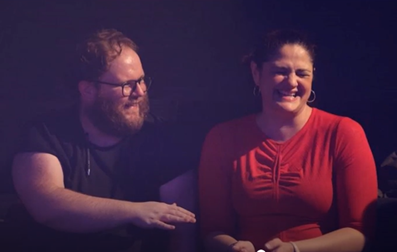
Dr Sarah Dustagheer's work as a dramaturge opens up new pathways for an under-served community to find expressions of themselves in early modern drama.
Dr Sarah Dustagheer’s research and expertise in early modern drama have put her on the forefront of change that is having a positive impact on an underserved community in Southwark, London. Through her work as a dramaturge with Lazarus Theatre Company, Dr Dustagheer is bringing the richness of early modern drama to the area’s young, working-class and highly diverse population. By adapting scripts, casting a diverse and inclusive range of artists and using contemporary production designs, Dr Dustagheer and Lazarus are broadening and building audiences who otherwise might not be attracted to early modern drama. Part of their collaboration includes removing barriers to live theatre for the people who live in and around Southwark. Cost of tickets and inconvenient show scheduling often deter those who would be interested in attending productions. To help remedy those concerns, the company has created accessible ticketing schemes, accessible performance schedules, access performances and streaming options.
As dramaturge, Dr Dustagheer’s role in the productions is critical to maintaining the integrity and authenticity of the original works even as they are adapted and interpreted in exciting new ways for new viewers. Those who study early modern drama understand the universal and timeless themes that make many of the plays relevant to modern audiences. In the company’s adaptation of Thomas Middleton and William Rowley’s The Changeling, Dr Dustagheer assisted the cast and crew in developing timely subjects such as the dangers of lust and passion and the expression of female sexuality to give the audience a foothold in the present day even as they explored the historical and societal contexts of the time in which the play was originally written.
One of the most difficult parts of the theatre-making process is what cuts are made to the source script. Here again, Dr Dustagheer’s role as dramaturge is crucial to striking the balance between a production that is relevant to a target audience and maintaining the authors’ original intent. In The Changeling, the play’s ‘mad scenes’ were cut, but with Dr Dustagheer’s guidance, were adapted into contemporary songs to preserve the plotline that Middleton and Rowley penned 400 years ago. The decision to adapt the play in this way speaks to her belief that building trust and relationships help to break down walls between academics and those outside the halls of the academy. Along with these efforts, Dr Dustagheer feels it is also important to dispel the myth and unload the cultural baggage of the academic ivory tower in order to collaborate successfully. By making her research accessible to the company, and by extension their audiences, Dr Dustagheer is opening up new pathways for an under-served community to find expressions of themselves in early modern drama. [RG]

Dr Sarah Dustagheer says collaboration and making connections are key to sharing research outside of academia.